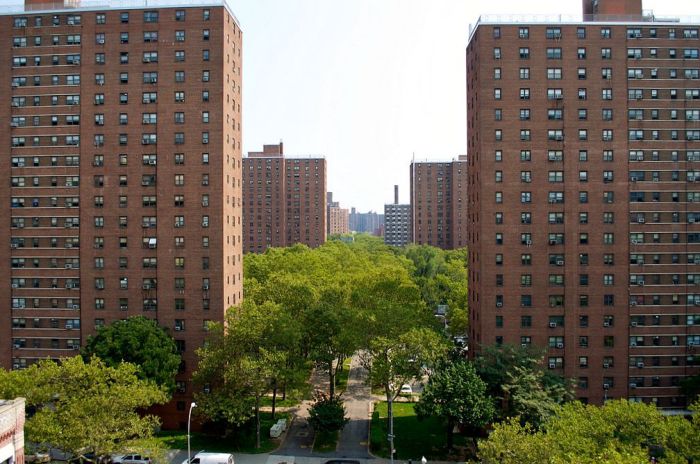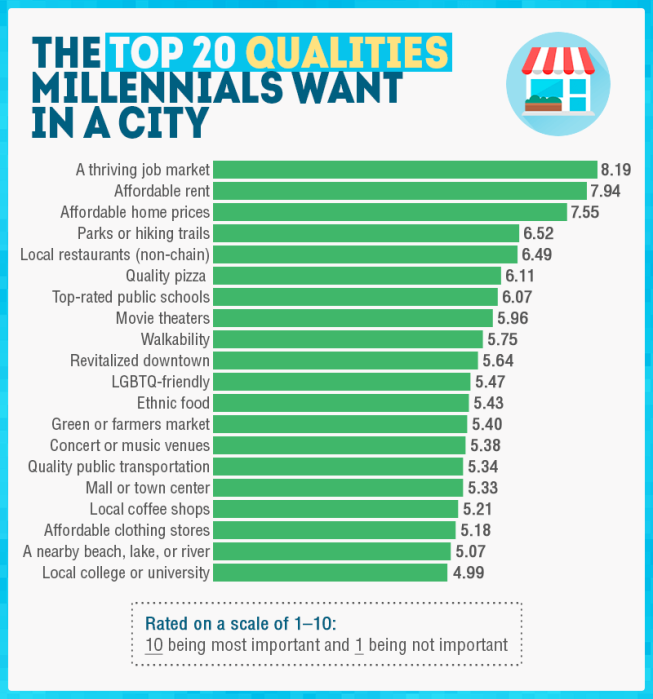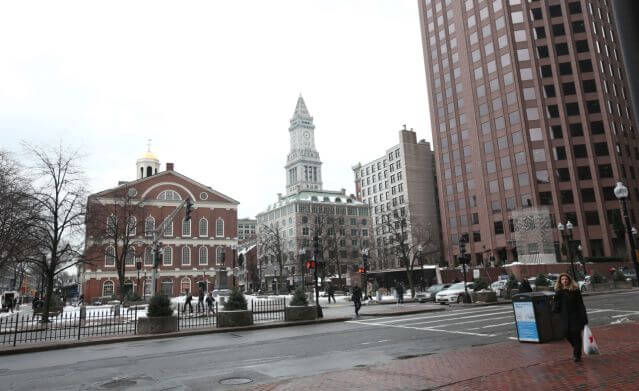You’ve probably heard of house flipping on some HGTV shows, and the practice of buying a home for cheap and selling it for a profit isn’t just spurring new series — it’s having a big effect on the state of affordable housing in New York City.
A recent report by the Center for NYC Neighborhoods looked at how house flipping deprives some New Yorkers of affordable homes in their neighborhoods.
To flip a house, people need to buy property at a low price, meaning they’re usually homes in foreclosure. Thirty-four percent of homes flipped in 2017 were bought in foreclosure, according to the report, while just 12 percent of all homes sold in 2017 were in foreclosure at the time of the sale.
“That means that a flipped home was almost three times more likely to have been in foreclosure than a home that sold without being flipped,” the report stated, raising the question, the researchers said, of whether these homeowners were taken advantage of by real estate investors, and not truly given the chance to remain in their homes.
That rate was even greater in some areas: In East Flatbush, Queens Gardens and Kew Gardens, more than 40 percent of flipped homes started with foreclosure.
This practice doesn’t just harm the homeowners, who are often elderly and vulnerable and targeted by investors via “unwanted and sometimes deceptive solicitations,” per the report. It also hurts those looking to buy homes by reducing the supply of affordable houses and turning once-affordable homes into more expensive properties outside their reach.
Of the nearly 24,400 one- to four-unit homes sold in New York City in 2017, only 2,705 (11 percent) were affordable “to families making the area median income for a family of three — $85,900.” And of those sales, 1,026 (38 percent) were flipped by investors, meaning, the report said, “that over one-third of homes on the market affordable to families at the area median income were purchased by investors and subsequently resold at less affordable prices.”
Even further, this practice makes it more difficult for first-time buyers to get their foot in the door, since real estate investors often have access to properties before they’re publicly listed. These investors can arrange “off-market short sales,” the report says, meaning prospective home buyers never even see the listing.
Hopefully, new tools will change this reality. Bills currently in the New York State Assembly and Senate would put a higher tax on home sales that happen quickly, rather than ones that occur after a long time of ownership.
“This flip tax would exempt average homebuyers while demanding the speculative investors pay up if they want to flip in New York City,” the report reads. “While this measure, which was included in the New York Assembly’s proposed budget for 2018, would not ban flipping, it would be an important first step in ensuring that home flipping does not dictate who can and can’t own in our neighborhoods.”

























